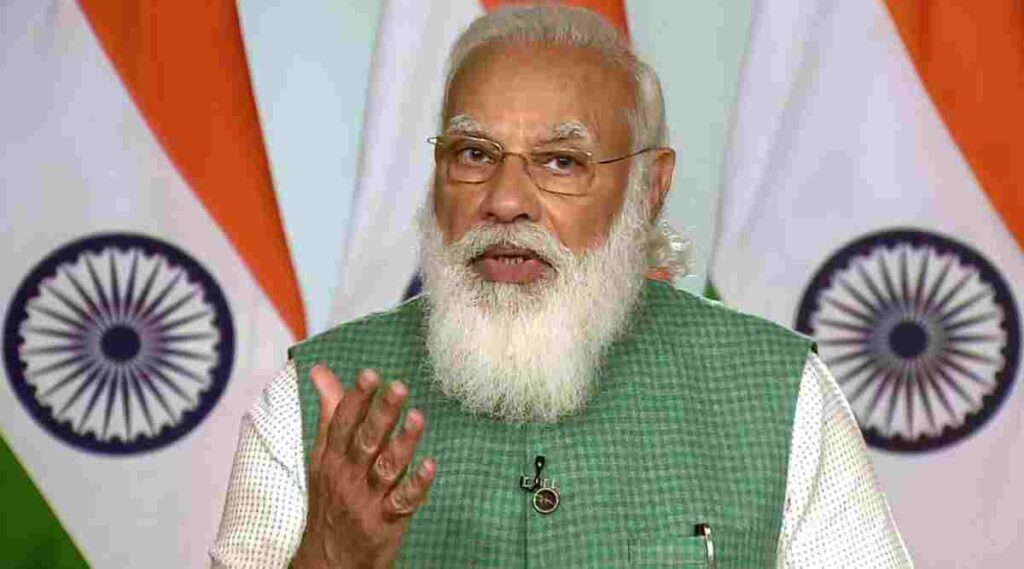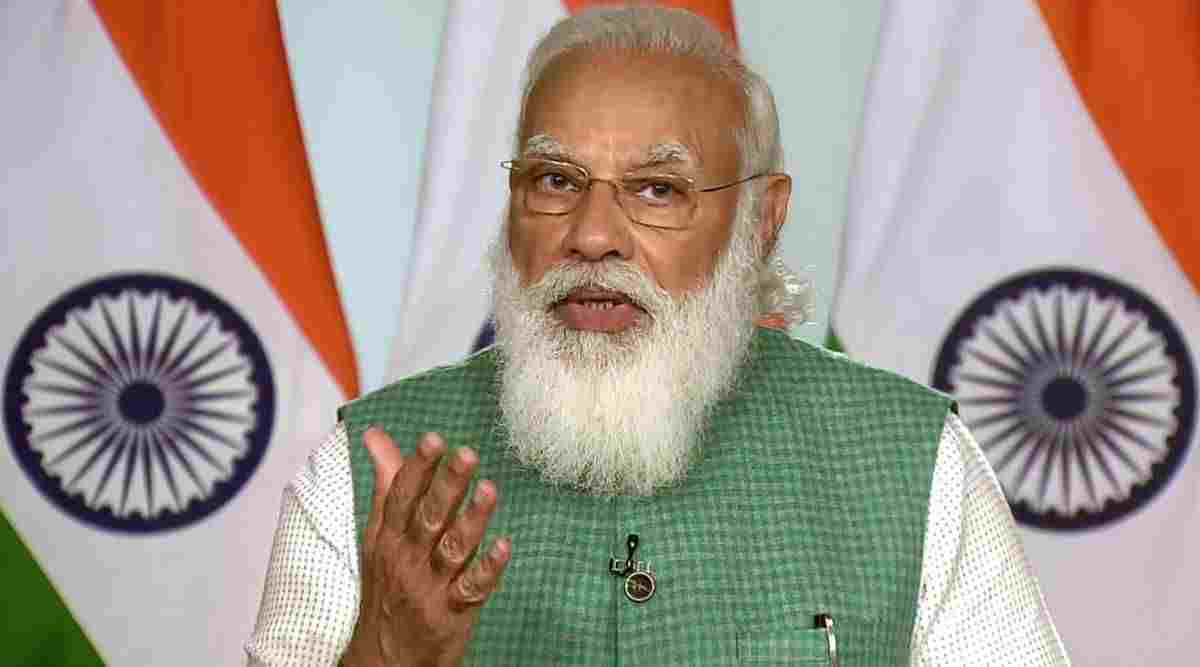Indian Space Association Launch- Following in the footsteps of the United States, a number of private sector companies, both domestic and international, have expressed interest in India’s space domain, with space-based communication networks taking centre stage.
Prime Minister Narendra Modi formally launched the Indian Space Association (ISpA) on Monday as an industry body representing various stakeholders in the Indian space domain, with members including ISRO, Bharti Airtel, OneWeb, Tata Group’s Nelco, L&T, and MapMyIndia, among others.
Significance Of Indian Space Association
While India has made strides in the space sector over the years, ISRO has been at the forefront of this development. Following in the footsteps of the United States, a number of private sector companies, both domestic and international, have expressed interest in India’s space domain, with space-based communication networks taking centre stage.

How are space-based communications networks growing?
Several Indian and international companies have positioned satellite communications as the next frontier for delivering internet access to consumers. This includes SpaceX’s StarLink, Sunil Bharti Mittal’s OneWeb, Amazon’s Project Kuiper, and Hughes Communications of the United States, among others.
OneWeb, for example, is currently constructing its initial constellation of 648 low-earth orbit satellites, with 322 already in orbit. Its services to the Arctic region, which includes Alaska, Canada, and the United Kingdom, are expected to begin this year. OneWeb’s high-speed, low-latency connectivity services will be available in India and the rest of the world by late 2022.
Furthermore, StarLink and Amazon are in talks with the Indian government about obtaining a licence to provide satellite-based internet services. SpaceX intends to launch a network of 12,000 satellites, with over 1,300 already in orbit.
Importance Of Satellite Internet
Satellite internet, according to industry experts, will be critical for broadband inclusion in remote areas and sparsely populated areas where terrestrial networks have yet to reach. Satellite communications, on the other hand, are currently limited to use by corporations and institutions for emergency communications, critical trans-continental communications, and connecting to remote areas with no connectivity. India had only 3 lakh satellite communications customers as of August this year, compared to 45 lakh in the United States and 21 lakh in the European Union.
| Press-Wire Homepage | press-wire.org |
